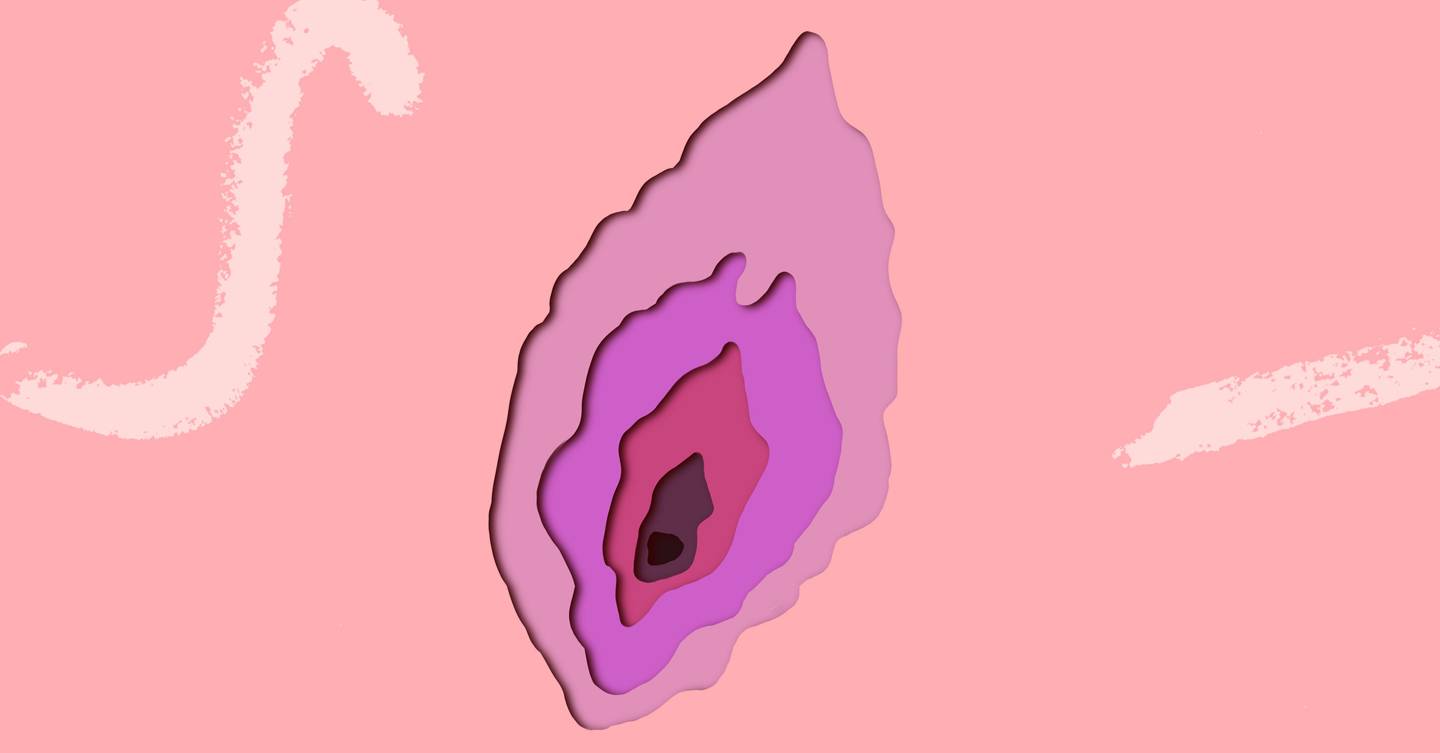While most of us are fairly happy to talk about our gynaecological anatomy when it comes to things like periods and sex, health issues with our downstairs region seem to be the last frontier in terms of taboo. This shouldn’t be the case of course, because just like any other body part, we can experience problems with our vulvas and vaginas.
One such condition is bacterial vaginosis (BV) which affects the vagina and is a common cause of unusual vaginal discharge. According to Intimate Health Specialist and leading cosmetic doctor, Dr Shirin Lakhani, of Elite Aesthetics, bacterial vaginosis “is an abnormal vaginal condition that is characterised by vaginal discharge and results from an overgrowth of bacteria in the vagina.”
“It’s not actually a bacterial infection but rather an imbalance of the bacteria that are normally present in the vagina,” says Dr Shirin.
Recently, a study published in scientific journal PLoS Biology found BV could be contracted through oral sex. Through an experiment in vaginal specimens and in mice, the study found that a common type of bacteria found in the mouth appeared to aid the growth of bacteria that contributes to BV.
The bacterium, fusobacterium nucleatum, seemed to react with a vaginal bacteria called gardnerella vaginalis (which is already known to cause BV) and “colonise,” – basically encouraging the bacteria to grow and thus causing an infection.
In the paper, the scientists stated, “Although it is not known how women acquire vaginal F. nucleatum, the ubiquitous presence of F. nucleatum in the mouth points to orovaginal contact as one plausible route of vaginal exposure.” While experts already agree that sex can trigger bacterial vaginosis, and that it can be passed from woman to woman during sex, the oral sex element is a new discovery.
We asked Dr Shirin to give us a complete lowdown on bacterial vaginosis, how it’s caused and what you can do if you think you might have it.
How bacterial vaginosis caused?
“It’s caused by a change in acidity levels in the vagina. Normally the vagina is acidic and this helps prevent harmful bacteria from growing and maintains the good bacteria – lactobacillus. If the PH balance changes and becomes less acidic then the condition can strike.
“There are more cases than ever of patients suffering from BV and the symptoms that come with it. I put this increase down to a number of habits which are becoming more prevalent, including using perfumed products on the vagina area, which I certainly wouldn’t recommend, women wearing jeans that are so tight they cause a lack of air and irritation in the area, and the growing obsession that young people seem to be adapting for trying to wash the vagina area too much in order to rid it of the natural odours. Whilst BV isn’t dangerous in itself, it comes with a host of unpleasant symptoms.”
What are the symptoms of BV?
“Whilst bacterial vaginosis is not usually dangerous, it can cause some disturbing symptoms including vaginal discharge, vaginal odour – particularly a fishy smell – and sometimes pain.”
Can BV lead to any serious complications?
“It can lead to more serious problems in certain situations, for example it can increase the risk of catching STIs if you are exposed to them whilst you have BV. It can also increase the risk of pelvic infection if you have a pelvic procedure whilst suffering from it, and in pregnancy, it can increase the risk of miscarriage, preterm delivery and uterine infection.”
The recent PLoS Biology study revealed that BV may be contracted through oral sex, how can we prevent this?
“Your vagina is naturally acidic to help prevent bad bacteria from growing and in order to maintain the level of good bacteria. If the PH balance changes however, this is when BV can strike.
“Anything that changes the chemistry of your vagina can contribute to BV occurring such as: taking antibiotics, washing the area too much, using perfumed products on the area, getting your period, wearing dirty underwear or underwear or clothes that are too tight and chafe, semen, using a coil and oral sex.
“You can try to prevent it by making sure the area is clean but not overwashing or using perfumed products on the area, as this can change the PH balance. Also ensure underwear and clothes are clean and not too tight. Also wipe from front to back when using the toilet and when on your period change your tampons and pads regularly.”
What’s the best treatment for BV?
“To treat bacterial vaginosis, your doctor may prescribe a topical antibiotic treatment for the area or an antibiotic tablet. However, it is not always necessary to take antibiotics for BV as adopting the practices mentioned above will treat it.
“It’s common for it to come back, usually within three months, in which case you may need to take the treatment for longer if it recurs. Your GP or sexual health clinic should be able to help to identify what is triggering your BV for example sex or your period.”
